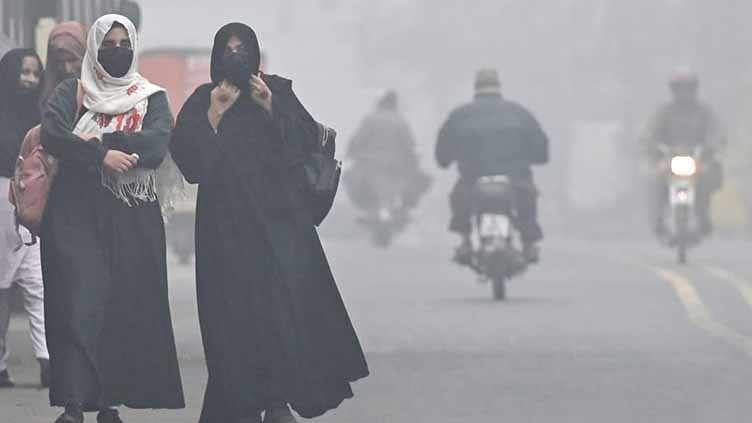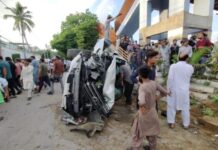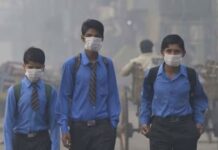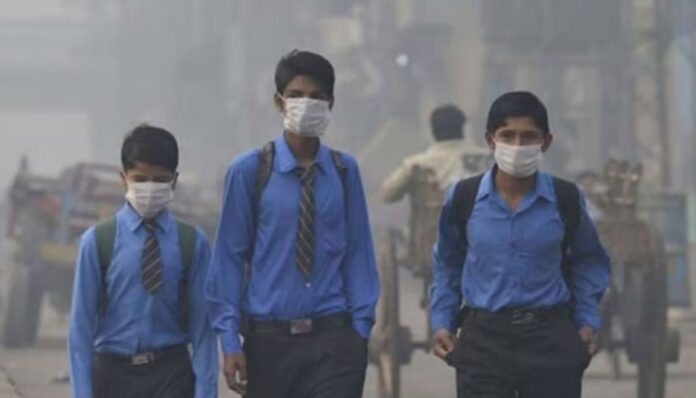Lahore, once renowned for its vibrant culture, is now infamous as one of the world’s most polluted cities. This November, its Air Quality Index (AQI) soared to a hazardous 700, well beyond the “hazardous” threshold of 300, posing severe health risks. Schools have implemented new timings, cancelled outdoor activities, and moved assemblies indoors to safeguard children. Yet, these measures offer only temporary relief from a problem that endangers millions.
The Toll on Health and Environment
The smog crisis primarily results from vehicle emissions, industrial pollution, and crop residue burning. Experts warn that prolonged exposure can lead to respiratory diseases, cardiovascular issues, and reduced life expectancy. For children and the elderly, the risk is even higher. A 2022 study revealed that over 128,000 Pakistanis die annually from air pollution-related causes, with urban centres like Lahore bearing the brunt of it.

Other Cities at Risk
While Lahore dominates the headlines, other cities like Faisalabad and Karachi are also grappling with deteriorating air quality. Faisalabad frequently features among the world’s most polluted cities, and Karachi’s industrial zones contribute to poor air conditions. Without comprehensive action, the problem threatens to engulf the entire nation.
The smog crisis highlights broader failures in environmental governance. Farmers lack affordable alternatives to stubble burning, while public transportation remains underdeveloped. Cities like New Delhi, which are facing similar issues, have initiated collaborative approaches like subsidising eco-friendly machinery and investing in renewable energy. However, Pakistan’s steps—like Anti-Smog Squads—remain piecemeal.
Hope for the Future
In order to secure a cleaner future for coming generations, Pakistan must prioritise green energy, stringent industrial regulations, and public awareness campaigns. Tree plantation initiatives, such as the urban forests in Karachi, offer hope but require scaling across the country. Regional cooperation with neighbouring nations could help tackle cross-border pollution, emphasising shared technology and resources.

The smog that is choking Lahore and other cities is more than a seasonal inconvenience—it’s a clarion call for urgent, sustainable reforms. Without decisive action, future generations may inherit not the vibrant culture of Punjab but an environment unfit for human habitation.
Stay tuned to Brandsynario for the latest news and updates





































